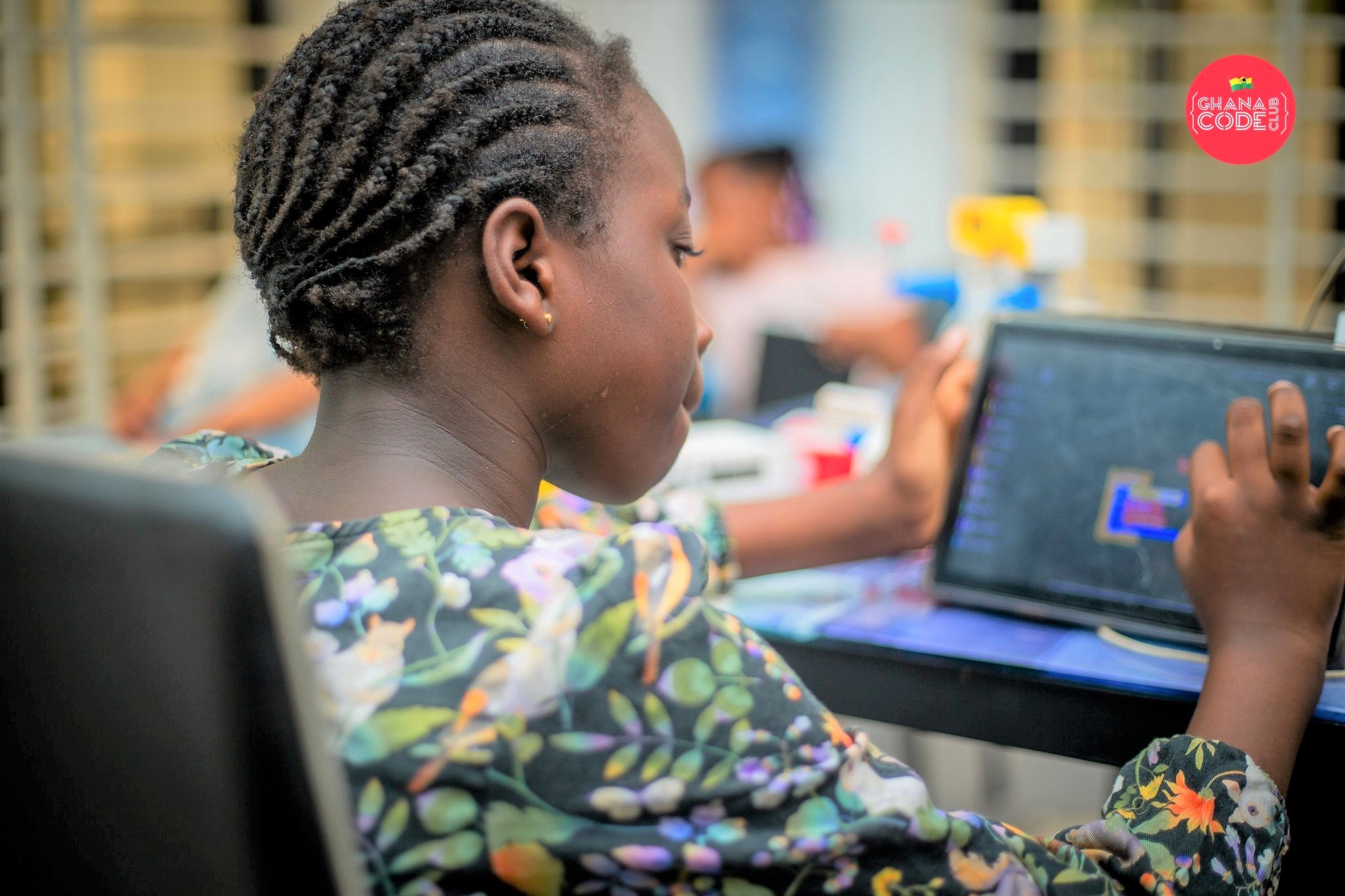Positioning Africa’s youth to win by harnessing AI for development
July 15, 2023

Introduction
As the Artificial Intelligence (AI) wave sweeps across the globe, Africa finds itself at the forefront of a transformative moment that has the potential to reshape the continent's development trajectory. As home to the world’s youngest and fastest growing population, Africa’s youth will form one of the world’s largest workforces by 2030. As we celebrate World Youth Skills Day on July 15th, it is imperative to examine how to position the continent’s youth to leverage AI to transform lives and power economies.
The world is changing rapidly, and AI is at the centre of a revolution in how we generate new knowledge, collaborate and innovate. It is imperative to empower Africa’s youth to be able to leverage the speed, breadth, and depth of AI advancements to unlock the continent’s potential and solve development challenges. AI holds the promise of creating jobs, fostering innovation, and expanding access to essential services like healthcare, education, and finance.
Yet, effective deployment of AI technologies necessitates strategic investments in ICT infrastructure, including high-speed internet connectivity, data centres, and cloud computing capabilities. This requires African governments, institutions, and the private sector to channel resources into AI research and development. Africa must position itself to actively engage in shaping global discussions on AI and contribute to the development of context-specific data and guidelines.
The following strategic steps will help to effectively position Africa’s youth to harness the transformative potential of AI:
Enhancing AI skills for all youth
Equipping the continent’s young people with relevant technological skills is of paramount importance. Globally, young people are at the forefront of the ongoing AI revolution. However, the majority of AI experts are concentrated in North America, Europe, and Asia. Africa is significantly underrepresented which hampers opportunities for African youth to interact with new technology and harness its power to solve problems. Africa must prioritize cost-effective, AI-focused education and skills development programs to reach diverse youth to ensure that no one is left behind.
Training a new generation of AI experts, data scientists, and engineers will drive innovation in AI technologies. Encouraging progress has already been made with the emergence of Artificial Intelligence Education in Africa, as various institutions across the continent offer postgraduate and undergraduate degrees, including Robotics Engineering. Establishing more dedicated research centres and funding AI-related studies through scholarships will help to improve affordability and access. By fostering collaboration with global AI research institutions and technology companies, African countries can enhance program quality and competitiveness.
Creating African content and diverse data sets
Encouraging young people to develop more African content and connecting AI to high quality datasets from Africa will help to ensure context specific predictive analytics and content generation. The availability of high-quality datasets from Africa is crucial for effectively training AI algorithms and mitigating unintended algorithmic biases and discrimination in AI products. Data sets developed outside Africa lack the distinct patterns and nuances specific to the African context, thereby rendering them inadequate for producing accurate models. Dr Winston Ojenge, an expert from the African Centre for Technology Studies in Kenya emphasizes the insufficiency of machine learning and AI datasets within Africa.
In order to effectively leverage AI to generate solutions that accelerate the achievement of the SDGs across diverse sectors, young people must be enabled to collect and share data. A regional and continental approach could help African countries to pool resources, share knowledge, and establish a unified approach to AI content development and data management. The development of the African Union Artificial Intelligence (AU-AI) Continental Strategy for Africa will go a long way in developing a comprehensive strategy that will guide African countries on how to support inclusive and sustainable AI-enabled socio-economic transformation. Young people must be at the centre of national and regional mechanisms to foster inclusive AI development.
Nurturing local solutions to local challenges
Encouraging the development of AI solutions tailored to local challenges can have a profound impact on development. There are opportunities to build on existing incubation hubs and accelerators to nurture AI-focused startups, provide mentorship to the youth, and offer necessary resources. For example, Google's first Africa-based AI research laboratory located in Ghana is actively working on solutions in agriculture, education, and healthcare. The centre’s goal is to provide developers with the necessary research needed to build products that can solve some of the problems that Africa faces today.
Across the continent, AI is already playing an important role in addressing some of the sustainable development goals such as food insecurity, improving access to healthcare and promoting inclusivity. Examples include using drones to detect pests and diseases in farms, creating tools for farmers to monitor weather patterns and optimize agricultural practices, delivering medical supplies via drones, and employing AI-powered chatbots to connect patients with doctors. Additionally, AI-driven robots that interpret body language aid individuals with disabilities, and apps like iStammer connect those with speech impediments to speech therapists. These innovations, predominantly driven by young people, highlight the transformative potential of relevant education, tools, and skills empowerment.
Conclusion
AI is developing rapidly and Africa’s diverse population must not be left behind. By enhancing skills, creating African content and curating local solutions to accelerate the achievement of national and global development goals, Africa can position its youth to harness the transformative power of AI. Equipped with the necessary tools and skills, Africa’s youth can thrive in today’s rapidly changing world and contribute meaningfully to a sustainable future for us all.

 Locations
Locations